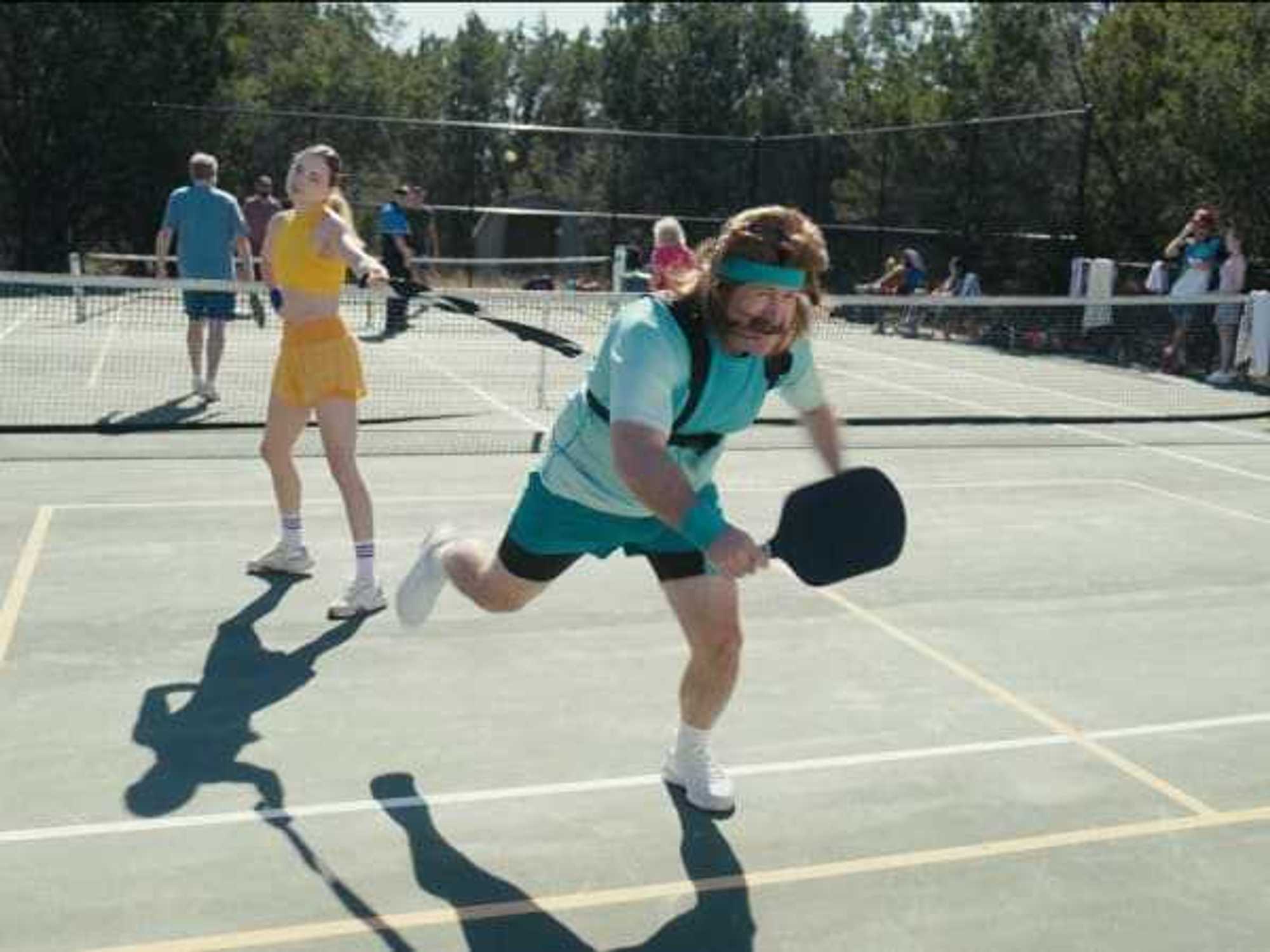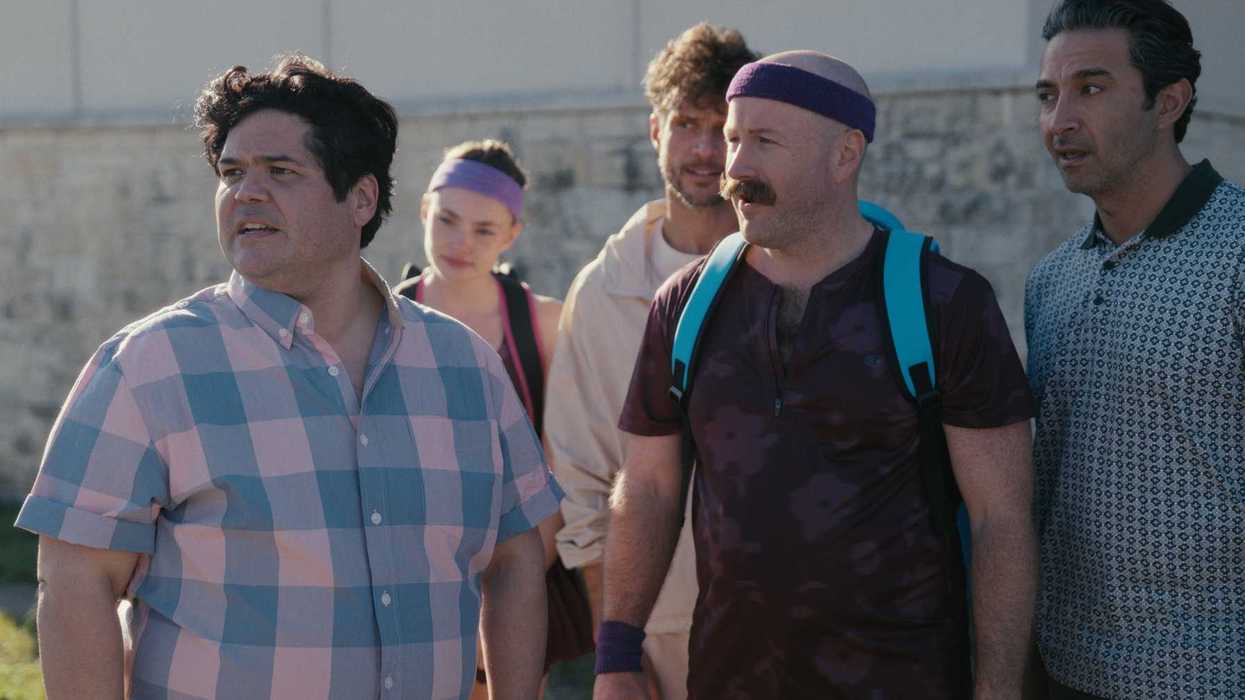Parks and Regulation
City of Austin to manage use of public parks for bootcamps and training in new year
Chances are that you, too, have noticed the increase in outdoor fitness classes—their sweaty, well-toned clients bounding up hills or doing burpees in the green spaces of central Austin and beyond. It’s a beautiful thing, all those fit folks out throwing dynaballs at each other and struggling together in the Austin sunshine. These outdoor classes are part of what makes us such a healthy, lean city (and very good looking, I might add), particularly when compared to other major Texas cities.
Starting Jan. 1, every time you sprint and squat your way through a boot camp class in a city park, the City of Austin will charge a small fee. The Park Department announced Friday that beginning in the new year, all commercial outdoor classes, both for and non-profit, will require at least a baseline of regulation.
Providers will need insurance, CPR and First Aid training and will pay a $50 fee every six months in addition to .45 cents per head per class, with a cap of $1500 per business. According to the City of Austin website, these changes will affect “Swim, Yoga, Martial Arts instructors, personal fitness trainers, triathlon trainers, dog trainers, paddle boarding and other vendors.”
Working with a taskforce from the Austin fitness community, the city intends to structure a fee for use program that will not impede outdoor workouts, but will monitor wear and tear on parks through monthly reports from fitness trainers and other users on class participation. It will also guarantee safer workouts.
“I see this as a good investment in the space where I do my business,” says Laura Cisneros, owner of Urban Animal, one of the most established and popular boot camps in town. “I’m pro-environment and pro-park. To pay a nominal fee annually—from someone who nets 100% of profits for the use of city parks—seems more than reasonable. This program is progressive, not punitive—because the city is charging 45 cents a head, smaller operators won’t pay as much. It’s sensible. If we are having this in our parks, how can we make sure that it is best serving our citizens?”
Currently, the fees charged will go into a general city fund simply because at this time, all city parks are supported by the general fund. The city currently doesn’t have a good idea of how much transactional volume they will experience and will adjust the program as it evolves. The monthly reports from users will give the city better information about which parks are most used and how many clients are using them. All of the information will be posted on the City of Austin website so that the public will know how their parks are being used.
“This program is important for two main reason," says Gilbert Hernandez of the Parks and Recreation Department. “It provides a preliminary method to manage commercial use in our parks—we don’t have a method right now. Secondly, this is just a beginning. This is not a static, firm process, we intend to go back and panel our task force at six months and twelve months so that we can get more info from both the task force members and the public about how this program is working. We did this organically with the fitness committee. Is it perfect? No. But it’s a good start. And we are committed to adjusting the program as we need to.”
Some trainers say the regulation and fee will not only hurt their business, it will be a barrier to maintaining a culture of health and fitness in Austin, and deteriorate Austin’s identity as an outdoorsy, athletic city.
Hernandez comments, “Any time you initiate a regulatory process on the public, it’s a controlling mechanism. But at the same time, we would be remiss if we didn’t manage commercial use in these parks. We are committed to keeping Austin healthy as well. We think this is a very low fee. We are not in this for the money; we are in this for the management.
Desirae Pierce of Breath and Body Yoga, who has taught classes at Barton Springs for the Save Our Springs non-profit and free outdoor yoga classes through Lululemon, sees this as a good opportunity to guarantee safety.
“People who are teaching these classes need to be certified and properly trained in physical movement," Pierce says. "There are people out there who will get hurt and the instructor is responsible. This makes safe boundaries for everyone involved.”
In accordance with the new program, only certain parks will be designated for outdoor classes. The list is currently on the commercial use section of City of Austin website.
At the public briefing Friday, the Parks Department learned of more parks that should be added to the list. “We are giving the public until the end of this month to submit additional parks so that folks can get their calendars set up for the first of the year,” said Hernandez.

 Harvey Guillén, Kristine Froseth, Jared Bonner, Ryan Cooper, and Pej Vahdat are just some of the cast in Pickleheads. Photo courtesy of Pickleheads
Harvey Guillén, Kristine Froseth, Jared Bonner, Ryan Cooper, and Pej Vahdat are just some of the cast in Pickleheads. Photo courtesy of Pickleheads